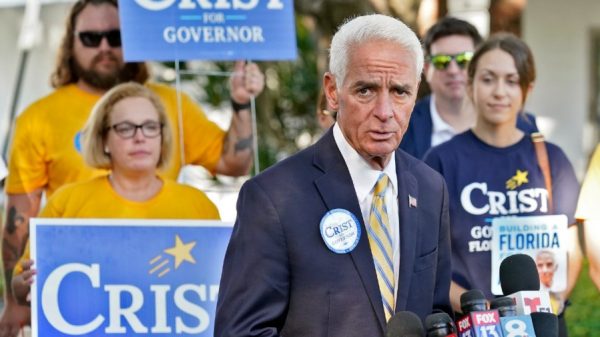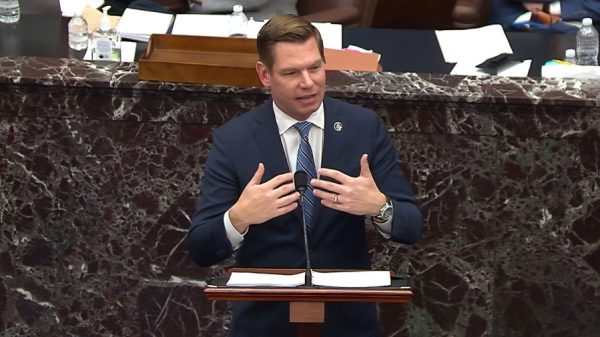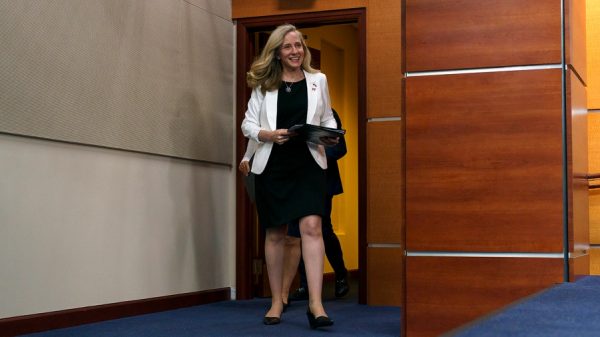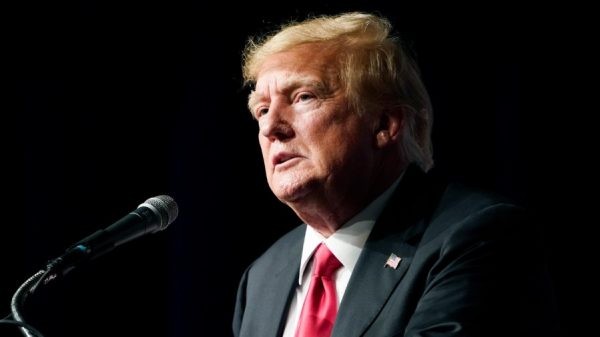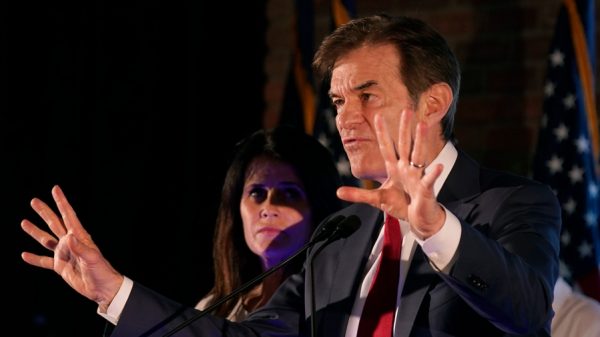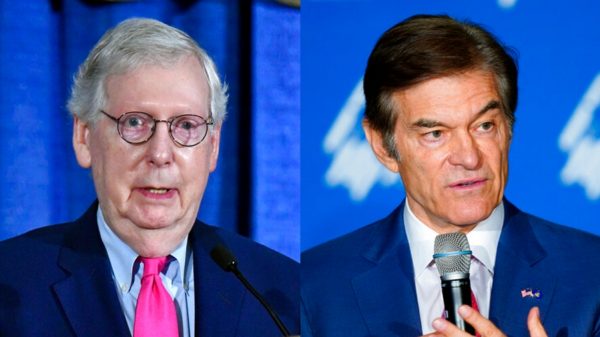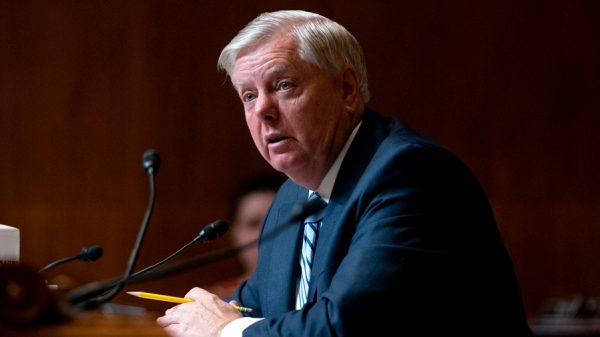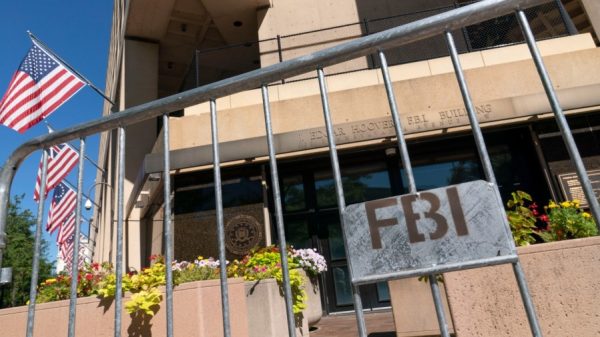A federal judge on Monday ruled that Sen. Lindsey Graham (R-S.C.) must comply with a special grand jury subpoena from the Fulton County district attorney, who’s investigating former President Trump’s efforts to pressure Georgia officials into overturning the state’s 2020 election results.
U.S. District Judge Leigh Martin May denied Graham’s motion to comply with the subpoena, rejecting his arguments that he has testimonial immunity from state judicial proceedings as a federal legislator.
In a 22-page decision, May said the Constitution’s Speech or Debate Clause, which shields members of Congress from being compelled to testify in court about their legislative work, does not warrant quashing the subpoena as Graham had requested.
“In sum, the Court finds that there are considerable areas of potential grand jury inquiry falling outside the Speech or Debate Clause’s protections,” May, who was appointed by former President Obama, wrote.
“Additionally, sovereign immunity fails to shield Senator Graham from testifying before the Special Purpose Grand Jury. Finally, though Senator Graham argues that he is exempt from testifying as a high-ranking government official, the Court finds that the District Attorney has shown extraordinary circumstances and a special need for Senator Graham’s testimony on issues relating to alleged attempts to influence or disrupt the lawful administration of Georgia’s 2022 elections.”
Graham quickly vowed to appeal the ruling.
“The Constitution’s Speech or Debate Clause prevents a local official from questioning a Senator about how that Senator did his job,” Graham’s office said in a statement. “Here, Senator Graham was doing his due diligence before the Electoral Count Act certification vote — where he voted to certify the election. Although the district court acknowledged that Speech or Debate may protect some of Senator Graham’s activities, she nevertheless ignored the constitutional text and binding Supreme Court precedent, so Senator Graham plans to appeal to the 11th Circuit.”
Fulton County District Attorney Fani Willis (D) subpoenaed Graham in July, seeking his testimony in the investigation into a scheme to overturn the results of the 2020 presidential election. Willis’s office cited phone conversations the South Carolina senator had with a pair of Georgia officials in the weeks after Election Day.
Graham filed a motion in federal court to quash the subpoena, arguing the calls were made as part of his duties as then-chairman of the Senate Judiciary Committee and therefore covered by the constitutional shield against being compelled to testify about the discussions. He has also denied pressuring any state official over the election results.
“The District Attorney’s apparent suspicions are baseless, but even assuming otherwise, the Speech or Debate Clause was designed to prevent exactly the sort of examination she proposes,” his lawyers wrote in a court filing last month.
In response, Willis’s office pointed to public statements from Georgia Secretary of State Brad Raffensperger (R) suggesting that the calls were more than routine oversight inquiries about the state’s election procedures.
“During our discussion, he asked if ballots could be matched back to the envelope — the absentee ballots could be matched back to the envelope,” Raffensperger said in 2020 interview with CBS News. “I explained our process, after it went through two sets of signature match, at that point they were separated. But then Senator Graham implied for us to audit the envelopes and then throw out the ballots for counties who have the highest frequency error of signatures. I tried to help explain that because we did signature match, you couldn’t tie the signatures back anymore to those ballots.”
May ruled on Monday that based on the record before her, she could not fully accept Graham’s characterization of the calls for the purposes of deciding whether it should be shielded from the grand jury inquiry. The judge said that even if the calls were constitutionally protected, Graham would still be a valid person of interest in the investigation.
“The fact that Senator Graham may be questioned on topics outside the two phone calls—including (1) his potential communications and coordination with the Trump Campaign and its post-election efforts in Georgia; (2) his knowledge of other groups or individuals involved with efforts to influence the results of Georgia’s 2020 election; and (3) his public statements following the 2020 election—is of great significance to the issue presently before the Court,” May wrote in her decision.
Updated at 11:36 a.m.











